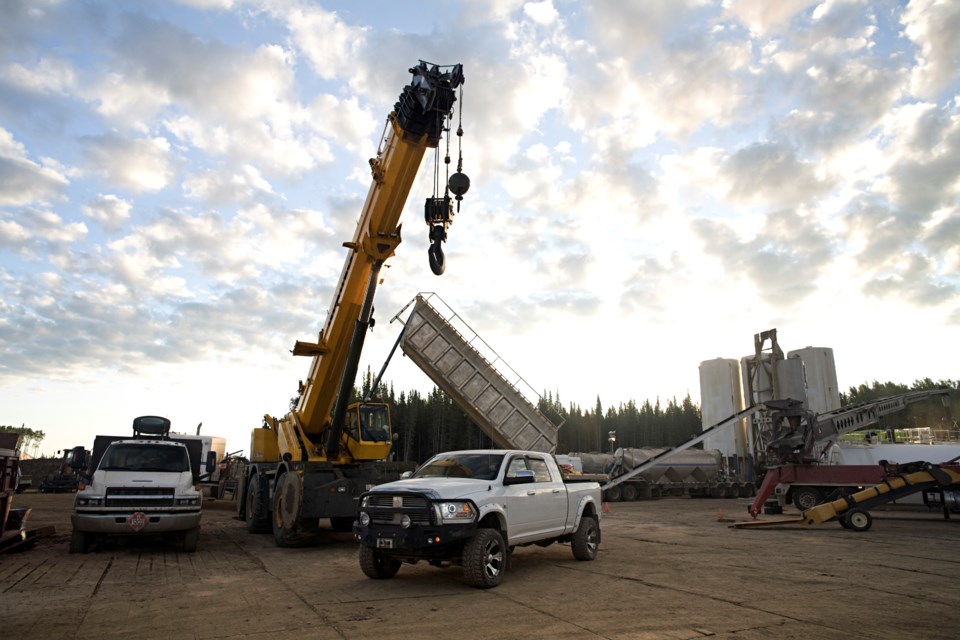Roadside workers face danger every time they are on the road.
More vehicles on the road during the summer and around holiday weekends increases the risk.
“Working around traffic is dangerous,” says Trace Acres, spokesperson for the annual Cone Zone safety awareness campaign. “Cone Zones are there to protect and save lives.”
Tens of thousands of British Columbians work at the roadside in cone zones, which are most often associated with bright orange cones.
Acres says each zone has its own unique set of hazards associated with roads, traffic, vehicles, weather, and work activities.
“Driving too fast and not paying attention in a Cone Zone puts roadside workers at risk,” Acres says. “Orange cones are often the only thing separating their workspace from your vehicle.”
WorkSafeBC statistics show two roadside workers in the province were killed last year and 31 were injured seriously enough to miss work after being hit by a vehicle.
Over the last decade, 12 roadside workers lost their lives and 221 missed time from work due to injury.
“It’s more than road construction and maintenance crews, and traffic control persons,” says Acres. “We’re also talking about landscapers, municipal workers, tow truck operators, utility workers, movers, and delivery van drivers. Also watch for flashing lights and slow down when you see emergency and enforcement personnel.”
Drivers approaching a Cone Zone need to:
- Slow down and avoid distractions like a phone. A distraction of even a few seconds can have life-changing consequences
- Pay attention to temporary road signs, traffic cones, and directions given by a traffic control person
- Comply with BC’s Slow Down, Move Over law, which requires drivers to slow down and move over to the left lane when safe to do so for any vehicle flashing a red, blue, or amber light. This includes tow trucks, utility vehicles, garbage trucks, and emergency response vehicles
Typical penalties for unsafe driving in a Cone Zone include a $368 fine for using a phone and at least $196 for speeding.


